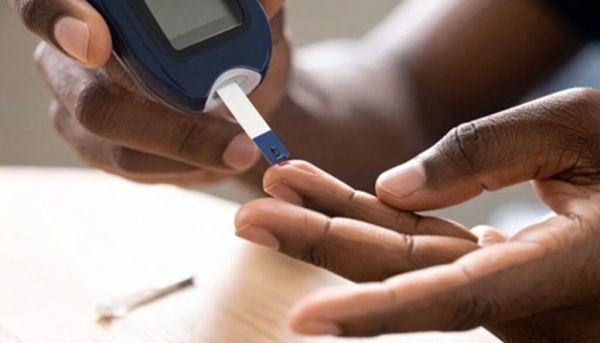
Researchers at IIT (Indian Institute of Technology) Mumbai have identified some hidden blood markers that warn of the risk of diabetes. In the year 2023, the Indian Council of Medical Research (ICMR) conducted a study according to which the number of diabetes patients in India is increasing rapidly. According to the report, 10.1 crore people in India are suffering from diabetes and about 1.36 crore are pre-diabetic.
Currently, if you want to diagnose diabetes, there are some common tests, such as fasting blood glucose and HbA1c. But these tests have some limitations. These detect only a small fraction of complex biochemical disorders and most cannot predict who is most at risk.
IIT Mumbai studied some metabolomics (small molecules present in blood). Tried to find out its biochemical patterns on the basis of which it could help in identifying diabetics.
Metabolites are small molecules present in the body that reflect the activity going on in cells. By analyzing these, small changes occurring in the body can be detected. These are changes that begin before clinical symptoms.
“Type 2 diabetes is not just about high blood sugar. It also disrupts amino acids, fats and other pathways in the body. Standard tests often miss this hidden activity. These are symptoms that start years before they are detected,” said researcher Sneha Rana, who is pursuing her PhD at IIT Mumbai.
For this study, published in the Journal of Proteome Research, the team took blood samples of 52 volunteers at Osmania General Hospital in Hyderabad between June 2021 and July 2022.
These included 15 healthy subjects, 23 patients with type 2 diabetes, and 14 patients with diabetic kidney disease (DKD). The researchers tested the samples for nearly 300 metabolites using two complementary techniques, liquid chromatography-mass spectrometry (LC-MS) and gas chromatography-mass spectrometry (GC-MS).
During this time they found 26 such metabolites which were different between diabetic patients and healthy people. Some of the levels for glucose, cholesterol and 1,5-anhydroglucitol (a short-term marker of blood sugar) were as expected, but others, such as valerobetaine, ribothymidine and fructosyl-pyroglutamate, had no association with diabetes.
“This shows that diabetes is not just glucose dysregulation (a condition when blood sugar levels cannot be controlled); it is more than just a metabolic disorder,” said Pramod Wangikar, a professor at the university.
The team found that biochemical patterns could also help identify diabetics at risk for kidney complications.
When comparing patients suffering from kidney disorders to another group, the team identified seven metabolites that were consistently increased from healthy people to patients with diabetic kidney disease. These included sugar alcohols such as arabitol and myo-inositol, as well as ribothymidine and a toxin-like compound called 2PY. 2PY is a compound that accumulates in kidney failure.
Maharashtra Local Body Elections 2025: Voting to begin on December 2, results to end on December 3
2011 Mumbai triple blast case: Mumbai High Court grants bail to 65-year-old accused Kafeel Ahmed
Chhattisgarh: Horrific train accident in Bilaspur, 6 dead, more than 30 injured